Results
-
£80.00
A Tallis Anthem (Bra) - Geert Jan Kroon
A Tallis Anthem is based on If Ye Love Me by Thomas Tallis (1505-1585). He was one of the first who set English words to the Rites of the Church of England. If Ye Love Me is a classic example of the new English anthems: mainly homophonic, but with brief moments of imitation.
Estimated dispatch 7-14 working days
-
£63.00
Lullaby (Bra) - Barrat-Jenkins - Kevin Van Giel
With words by Carol Barratt, this piece is a simple but highly effective meditation from Karl Jenkins, the composer of Adiemus and The Armed Man: A Mass for Peace. This is originally from 'A Celebration of Christmas', a set of six carols.
Estimated dispatch 7-14 working days
-
£73.00
Echo (Bra) - Nick Van Elsen
The piece 'Echo' refers to the nymph from Greek and Roman mythology. Echo fell desperately in love with the handsome young man Narcissus. However, she could only imitate words spoken by someone else. But Narcissus did not want to know anything about love and rejected her. Echo's heart broke and she retreated into the woods and lived in caves. Gradually she faded from sorrow until her physical form was gone and only her voice remained. With her voice she is still ready to answer at any time, always ready to have the last word...
Estimated dispatch 7-14 working days
-
£75.00
Les Chemins de l'amour (Bra) - Francis Poulenc - Stijn Aertgeerts
"Les Chemins de l'amour" - translated as "The pathways of love" (1940) was originally for voice and piano. A beautiful melody by French composer Francis Poulenc on words by Jean Anouilh based on a waltz out of the scene music of "Leocadia".
Estimated dispatch 7-14 working days
-
 £33.91
£33.91Reflections of Love - Kevin Ackford
Score & Parts Reflections of Love started out as a song without words for piano. Kevin had taken this beautiful melody and transcribed it for Brass Band to great effect.
Estimated dispatch 5-7 working days
-
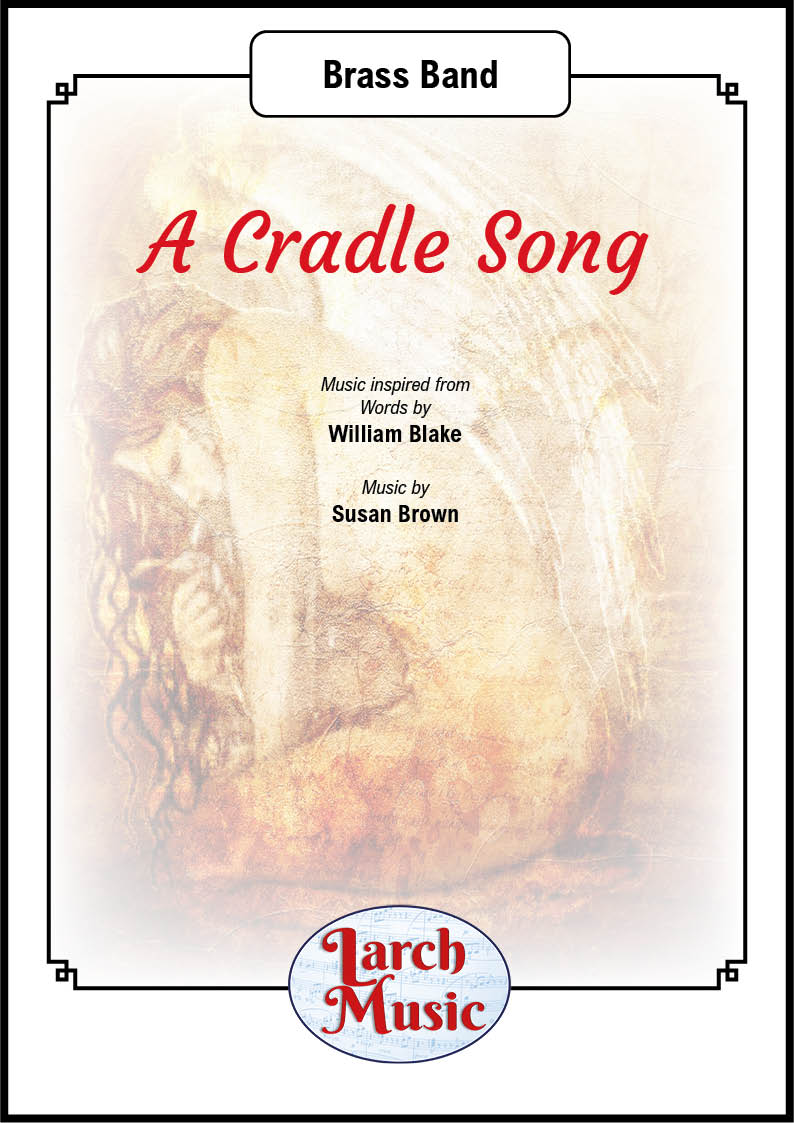 £25.00
£25.00A Cradle Song - Brass Band Sheet Music Full Score & Parts - LM856 - Susan Brown
COMPOSER: Susan BrownMusic inspired by the Words of William BlakeA soothing and relaxing gentle cradle song from the pen of Susan BrownPlayable by most bands from 4th section upwardsA must for your band libraryLM856 - ISMN : 9790570008568
In Stock: Estimated dispatch 3-5 working days
-
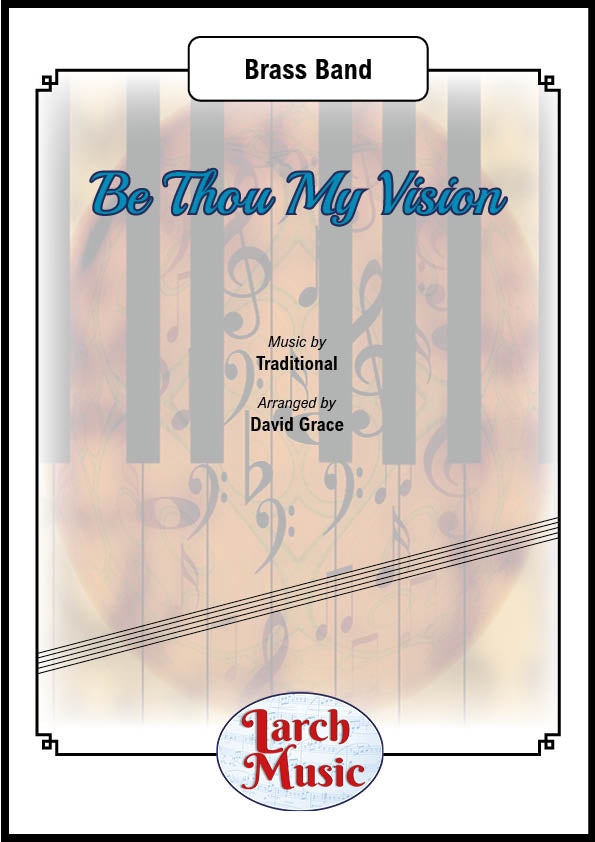 £30.00
£30.00Be Thou My Vision (Traditional arr. by David Grace) - Brass Band Sheet Music Full Score & Parts - LM656 - Traditional - David Grace
COMPOSER: TraditionalARRANGER: David Grace"Be Thou My Vision" (Old Irish: Rop tu mo baile or Rob tu mo bhoile) is a traditional Christian hymn of Irish origin.The words are based on a Middle Irish poem that has traditionally been attributed to Dallan Forgaill in the 6th century.However, scholars believe it was written later than that.Some date it to the 8th century; others put it as late as the 10th or 11th century.That it sat untranslated for perhaps 14 centuries is astounding.The best-known English version, with some minor variations, was translated in 1905 by Mary Elizabeth Byrne, then made into verse by Eleanor Hull and published in 1912.Since 1919 it has been commonly sung to an Irish folk tune, noted as "Slane" in church hymnals, and is one of the most popular hymns in the United Kingdom.LM656 - ISMN : 9790570006564
In Stock: Estimated dispatch 3-5 working days
-
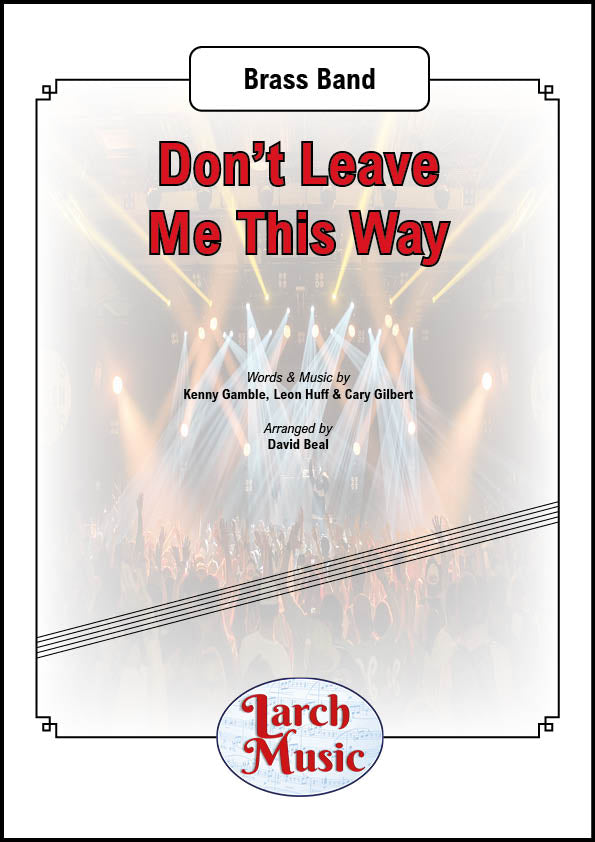 £25.00
£25.00Don't Leave Me This Way - Brass Band Sheet Music Full Score & Parts - LM941
WORDS & MUSIC : Kenneth Gamble, Leon Huff and Cary GilbertARRANGER: David Beal"Don't Leave Me This Way" is a song written byKenneth Gamble,Leon Huff, andCary Gilbert. It was originally released in 1975 byHarold Melvin & the Blue NotesfeaturingTeddy Pendergrass, an act signed to Gamble & Huff'sPhiladelphia Internationallabel. "Don't Leave Me This Way" was subsequently covered by American singerThelma Houstonin 1976 and British duothe Communardsin 1986, with both versions achieving commercial success.But now available, as recorded by the Communards, for brass band ready for your next concert.A definite crowd pleaser and foot-tapper.Sorry UK sales onlyLM941 - ISMN : 9790570009411
In Stock: Estimated dispatch 3-5 working days
-
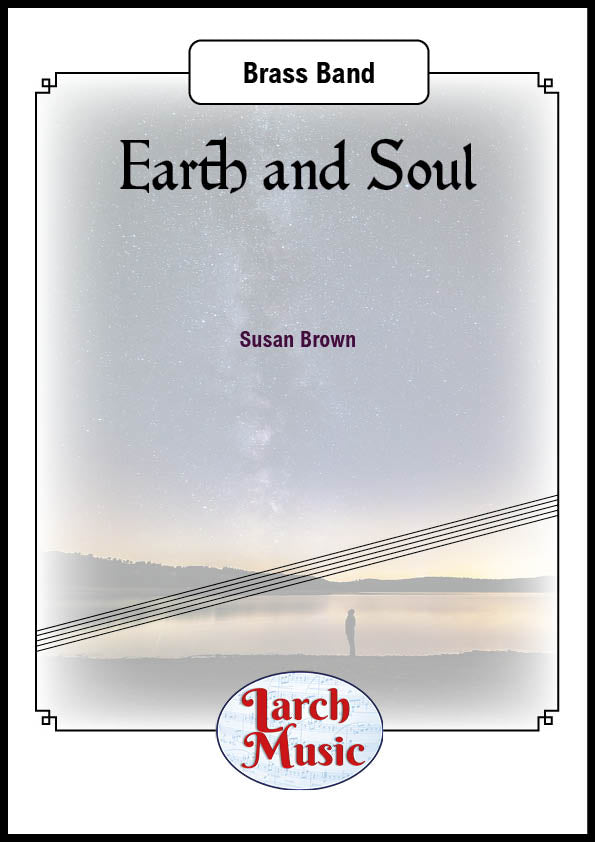 £25.00
£25.00Earth and Soul - Brass Band - LM593
COMPOSER:Susan BrownInspired by the poem "All Nature Has A Feeling" by John Clare (1793-1864)and the words ofThe Lord's PrayerPlayable by most bands from 4th section upwardsA must for your band library
In Stock: Estimated dispatch 3-5 working days
-
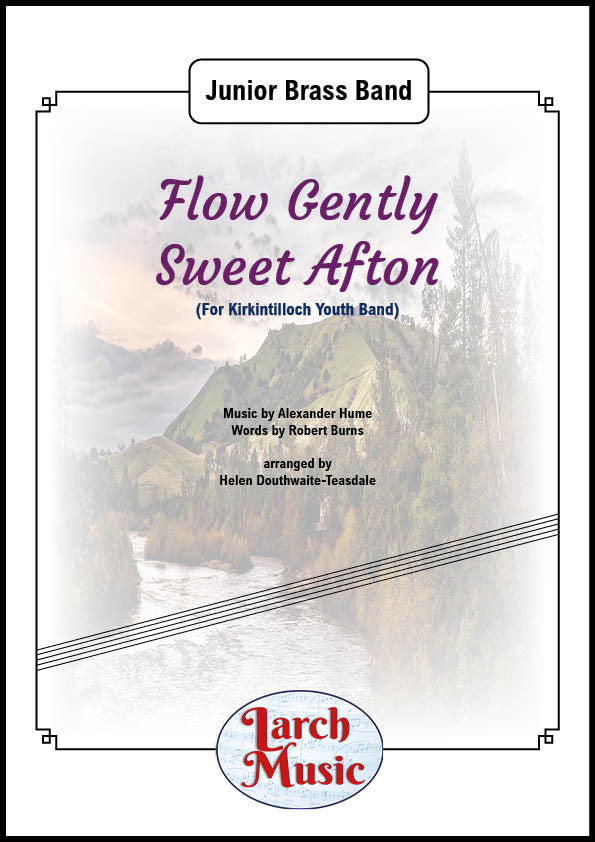 £25.00
£25.00Flow Gently Sweet Afton - Junior Brass Band Sheet Music Full Score & Parts - LM331
COMPOSER:Alexander HumeWORDS : Robert BurnsARRANGER: Helen Douthwaite-TeasdaleJunior Brass Band Sheet Music Full Score & PartsISMN : 979-0-57000-331-0Scored forSolo Cornet2nd Cornet3rd Cornet1st Tenor Horn2nd Tenor HornBaritoneTromboneBass TromboneEuphoniumBass in EbBass in BbTimpaniPercussionDrum SetLM331 - ISMN : 9790570003310
In Stock: Estimated dispatch 3-5 working days





